What Is A Cyber-Attack?
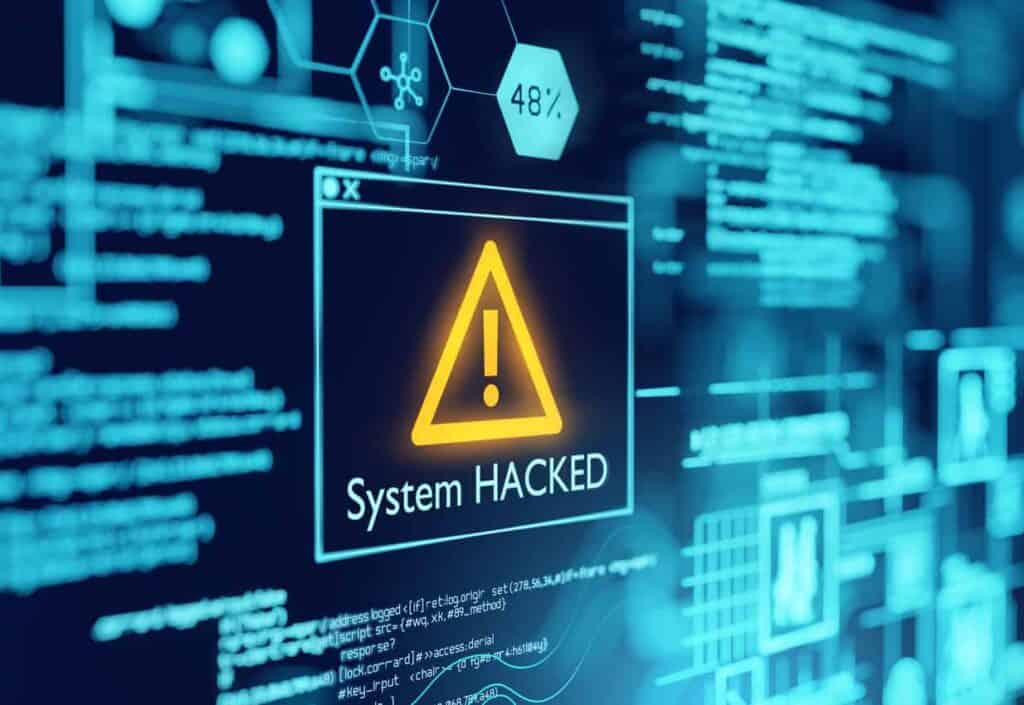
A cyber-attack is an offensive assault targeted toward computer information systems, computer networks, IT infrastructures, personal computer devices or more.
These offenders are known as cybercriminals, and they are known to use these malicious tactics to disable computer systems, steal data, or use a breached computer to launch additional cyber-attacks.
A cybercriminal will target a cyber-attack using one or more computers against one or more computers or networks. These cybercriminals have a multitude of methods and tactics.
These are where the attacker inserts malicious code that allows them to launch malware attacks, ransomware attacks, denial of service attacks and more.
Types Of Cyber-Attacks
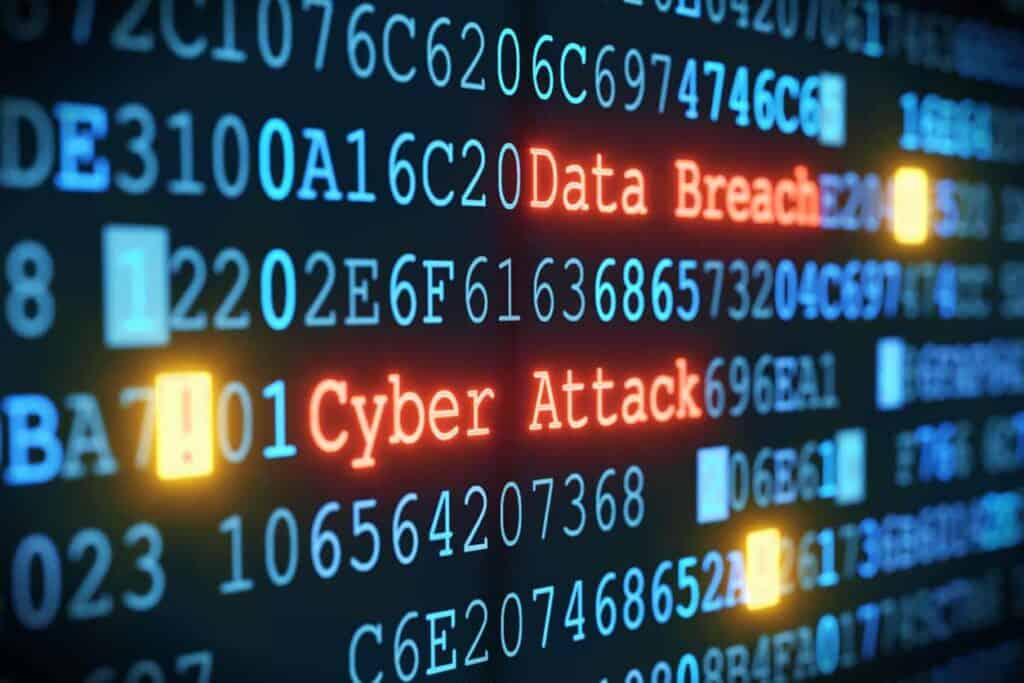
There are many different types of cyber-attacks and many are on the rise. We have compiled the most common cyber attacks to look out for, that cyber attackers use to gain unauthorised access to your network.
Malware Attacks
Malware attacks refer to software specifically designed to cause disruption, damage or gain unauthorised access to a computer, server, client or computer network.
It is the collective name for attacks derived from malicious software variants including ransomware attacks, spyware attacks and viruses.
Ransomware Attacks
Ransomware attacks are a type of malware attack designed to inhibit access to a computer system or leak information unless a ransom is paid.
A ransomware attack uses encryption to hold a victim’s information at ransom.
Spyware Attacks
Spyware attacks are another type of malware attack that uses malicious software with the aim to gather information about a person or organisation, which is then shared with a third party at the expense of the victim.
Viruses
A virus, or computer virus, is another type of malware attack. A virus is a type of malware software that replicates itself by inserting its code into other programs and modifying that program.
If the replications are successful, the virus may delete, encrypt, modify or disable programs and system functions. Starting with one device, these viruses will begin to spread from one device to another if the opportunity arises, such as if someone shares an infected software.
Make sure you always have up-to-date antivirus software installed on your devices.
Denial Of Service Attack
A denial of service attack, or DoS attack, is an attack with the aim to shut down a system or network, therefore, inhibiting access to it, temporarily or indefinitely.
This can be done by flooding the target with a large amount of traffic or information, which then triggers the network or system to crash.
Phishing Attacks
Phishing attacks refer to a way of tricking victims into handing over their sensitive data and information or installing malicious software onto their devices. These tactics are usually done whilst posing as a legitimate source such as your bank, telephone service provider, electric or gas company and more.
The most common phishing scams are usually through a phishing email or text message, but there are other types of phishing scams, such as “spear-phishing”, “whaling”, and “vishing”.
How To Predict Cyber-Attacks
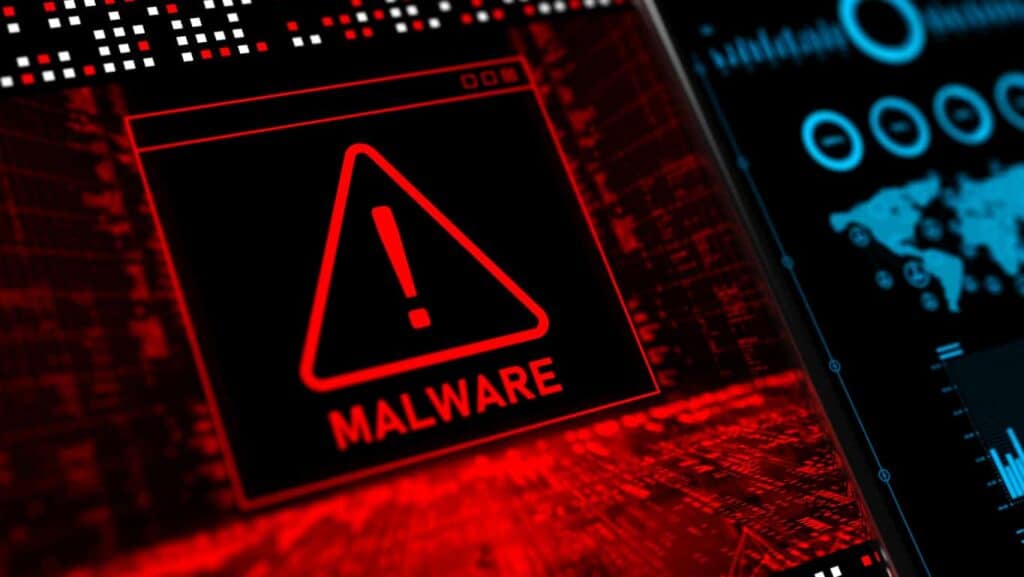
Most businesses don’t know how to predict a cyber-attack, and if they do, they are probably lying. It is not easy to predict a cyber-attack, and if you don’t manage to predict one, you could be in serious trouble.
Cyber attackers are constantly evolving and finding new and sophisticated ways to target their victims. The best defence is usually defensive and reactionary. However, reactionary responses are not very effective and work more in the realms of damage control than protection.
So what is the solution?
Preventive measures.
How To Prevent Cyber-Attacks
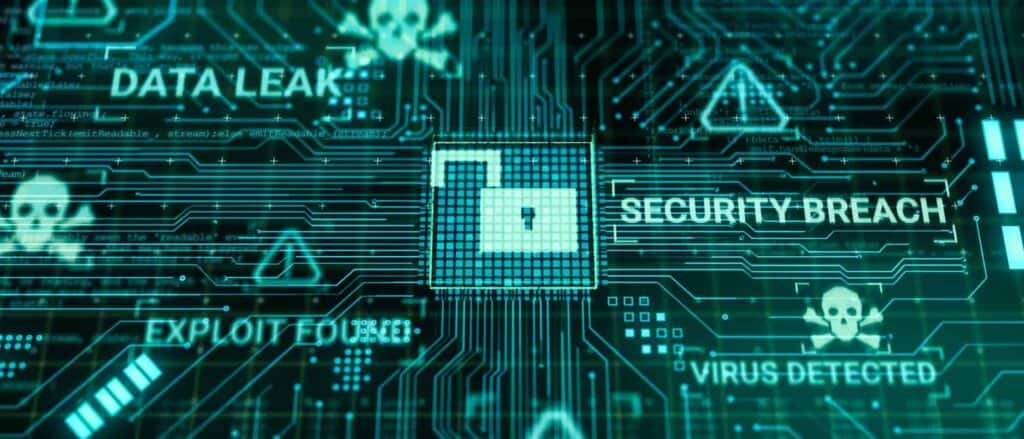
Prevention is better than cure, and in order to prevent a cyber-attack on your business, there are several tactics you can employ to beat these cybercriminals. Find out how to protect your company from cyber-attacks below.
Training
You need to make sure your staff has adequate training. One of the most, if not the most common way cybercriminals get access to your data is through your staff members, such as through the use of fraudulent emails. Your employees are likely to receive fraudulent emails impersonating someone in your organisation.
These impersonators will ask for personal information, and or access to certain files, or they may even ask employees to download something from them.
It might sound like an easy mistake not to make, but when someone posing as someone you work with asks you to review some work, it can be easy to believe them, leading you to click on a dangerous link or give up sensitive information.
The most important things your employees do include:
You should always check links before clicking them
Checking email addresses are authentic and genuine
When in doubt, organise a quick phone call. If it feels suspicious – it probably is!
Update Your Antivirus Software & Firewalls
You must always ensure your software and systems are fully up to date. This is because cybercriminals are more likely to find weaknesses that they can exploit in order to get access to your network. This includes your antivirus software, firewall and security program.
There is a constant threat from cyber-attackers, who are constantly evolving and are often sophisticated enough to bypass basic security measures that may be put in place.
When your antivirus software is up to date, it is more likely to be able to detect the latest versions of malware and viruses and therefore is much more likely to be able to protect you and your business from them.
A firewall is also important for cybersecurity, and is used to decide whether certain data or web traffic should be blocked or allowed to continue to its destination. Cybercriminals are always coming up with new ways to breach your network vulnerabilities, and a firewall is one of the most effective defences against cyber-attacks, blocking attacks made to your network before they can cause any damage.
Although devices usually come with built-in firewalls such as Windows, Mac, and Linux computers, you need to make sure it’s completely up-to-date to be fully effective.
End-Point Protection
Because devices connected to your corporate network can create additional access routes to security threats, it is important to ensure there is end-point protection in place.
Backup Your Data
When a cyber-attack happens, your data is usually at risk. Whether your data is being held at ransom, or there has been a data wipe, having an up to date backup can save the day.
Losing some, if not all of your data could also have serious repercussions on your business, so to avoid that loss of data, as well as potential downtime, you should always schedule regular backups.
There are a variety of secure online backup services, such as cloud hosting services where you can safely and securely store encrypted data using cloud storage.
Use Hosting Solutions
As highlighted already, employees may compromise your network accidentally. One way to avoid this is by using a cloud-based DNS hosting solution.
Cloud-based DNS hosting can be an affordable, scalable and reliable way to keep your data protected and secure, as well as defend against DDoS attacks.
Passwords
Strong, and secure passwords. You should always use complex passwords that use a combination of lower-case and upper-case letters. Find out how to protect your personal information online, here.
Secondly, employees’ personal accounts need to be secured, and with unique passwords. Each and every one of your employees should have their own login details for the applications and software that they use.
Having multiple employees using the same login details and credentials can put your network at risk.
Instead, each employee should have separate logins – each employee should only log in once a day, meaning you can set limits on access.
Your WiFi also poses a risk if unsecured. If an infected device connects to your business network, your entire IT infrastructure can be at risk.
Security
Passwords are one way to prevent cyber-attacks, but you also need to control access to your network with physical security.
One of the attacks on your network could happen physically. If a criminal can find themselves on your premises, they can simply plug in a USB and either download your data or upload malicious code.
You should consult with an IT support professional, to make sure your network is completely secure.
Outsource Your IT Support
Network vulnerabilities can be hard to uncover. By outsourcing to an IT professional, you are able to gain the ability to take advantage of their expertise, discovering vulnerabilities that may have never been uncovered until it becomes too late.
Outsourced IT support can be a cost-effective and streamlined security solution.
What Is Cyber Security?
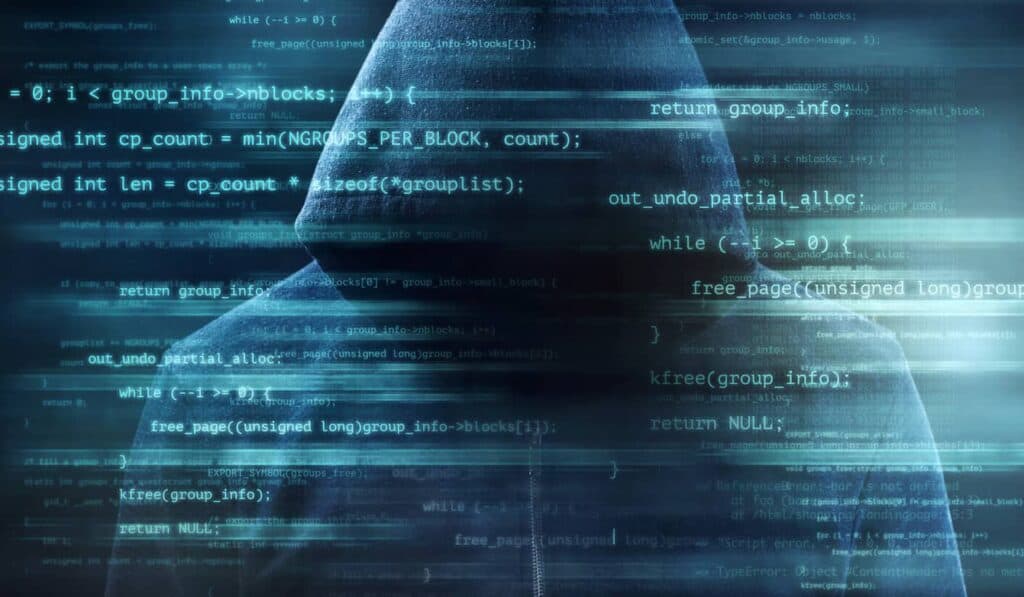
Cyber security is the protection of computer systems and networks from cyber threats, to prevent theft, ransom, damage or disruption. Cyber security, in essence, protects the devices and software your employees use from the above.
Benefits Of Cyber Security In Business
Cyber security is critical to your IT infrastructure because smart devices such as smartphones, computers/laptops and the internet are fundamental aspects of the modern world and modern business.
The popularity of these devices has opened an array of security risks that may not have existed prior.
However, where it differs in the fact that companies still needed to protect and secure their physical data and resources, the issues have remained the same. You need a defence against criminals.
The main benefits of deploying cyber security are:
- It protects your network against malware
- It protects against data theft or ransom
- Stakeholder confidence will be higher – with cyber security in place, they will feel secure that their stake is in good hands
- There will be improved information security
- Privacy
Disadvantages Of Cyber Security In Business
- Firewalls can be difficult to configure, with badly configured firewalls blocking employees from performing certain actions. This inhibits productivity
- Additional software can make the system slow
- Software must be kept up to date, which can be difficult to maintain
- Cyber security may be above budget
Common Cyber-Attack Questions
Why Do Cyber-Attacks Happen?
Every business or organisation, big or small, is at risk of a cyber-attack. Each business will have important assets that can be exploited in multiple ways, including:
- Financial details
- Personal data and information
- Customer databases (such as emails)
- IT infrastructure
- IT services
- Intellectual property
These assets are usually exploited in order to drive financial gain, however, there are other reasons why a cybercriminal may target your business. This may include:
- Hacktivism – using personal information to ransom or make a social and or political point
- Espionage – spying on competitors to discover trade secrets and business methods
Who Are Behind Cyber-Attacks?
Cyber-attacks usually fall into two categories, meaning you need to be aware of them both. These are insiders, risks posed by people working within your business, and outsiders, risks posed by people working outside of your business.
Insiders
- Anyone with either physical or remote access to your network can open up your business to cyber risks. This includes:
- Trusted employees who accidentally misplaced information
- Trusted employees who accidentally open an infected software, or log into an infected network
- Unhappy employees and ex-employees who intend to damage the business
- Employees with ulterior motives, for example, such as financial gain
Outsiders
External threats can be just as dangerous and can come from a range of sources. These include:
- Organised cybercriminals
- Professional hackers
- Amateur hackers
How GRIT Consultancy Can Help Protect Against Cyber-Attacks

Defending against cyber threats can be extremely challenging without a dedicated team with years of technical expertise. Luckily, here at GRIT Consultancy, the team has a plethora of industry experience and knowledge.
We also provide secure private cloud hosting options. In fact, your security is our top priority, meaning we only work with a cloud provider that’s Cyber Essentials Plus, ISO 9001 and 27001 accredited.
We offer affordable, flexible support packages to suit the needs of any business, both big and small, and can use our years of industry experience to build or consult you when creating your IT infrastructure.
Get in contact today .

